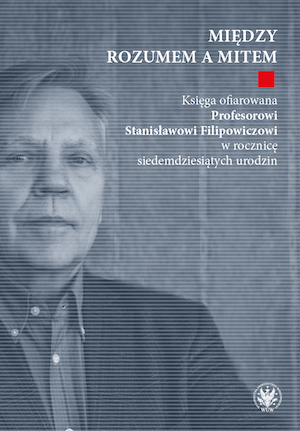Author(s): Mirosław Karwat / Language(s): Polish
Publication Year: 0
The phenomenon of the mask is entangled in the relationships and differences between the subject’s identity, their self-definition, their moral and ideological character, and their image (how they are perceived, how they present themselves to others). The mask is not the same as the identity of a person or group, its real nature, but neither is it simply its negation or mere appearance. Paradoxically, the mask can emanate authenticity in the attitudes of individuals or groups – as an expression of their aspirations and beliefs. It can be both a personal and free choice of an individual strategy of self-presentation and self-promotion, as well as a manifestation of conformism forced by the pressure of a group or community. From an instrumental point of view, the mask is considered in terms of hiding and, at the same time, pretending something, simulation. The mask is then a mystification – as self-illusion or as an instrument of an intended game of appearances, a form of deceiving the surroundings. In times of significant changes and historical breakthroughs, the initiators of experiments and political innovations often adopt a retrospective costume or a substitute banner by referring to ideas, symbols and figures from the past. The new, as yet undefined, appears in a mask borrowed from celebrated tradition. The mask not only masks politicians but also unmasks them contrary to their calculations. Not only can it deceive or subjugate others, but it can also prove to be a corset and a trap. When we govern others with the help of a mask, we may notice, with some surprise and delay, that our mask… governs us.
More...

